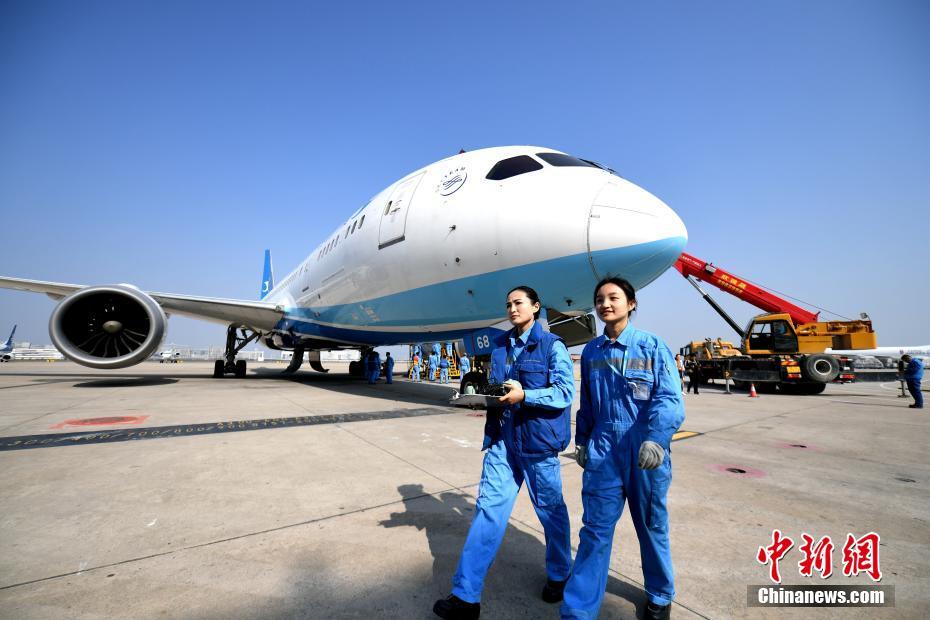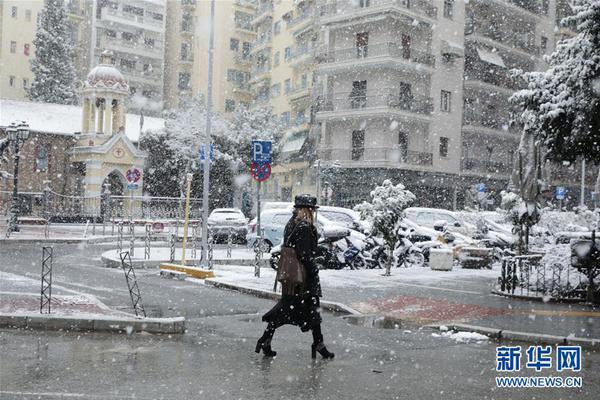
Media Action Network for Asian Americans (MANAA), the only organization solely dedicated to advocating balanced, sensitive, and positive depiction and coverage of Asian Americans, is blasting “Bullet Train” as another in a long line of whitewashed movies based on Asian source material where American filmmakers choose to only include Asian characters in minimal roles or as window dressing.
Although shot in Los Angeles, the film is supposed to take place on a bullet train in Japan. Yet white and black actors (e.g., Brad Pitt, Joey King and Brian Tyree Henry) get top billing with Andrew Koji and Hiroyuki Sanada ranking fifth and sixth in the credits. Asian American actors like Masi Oka and Karen Fukuhara can only be said to make mere cameos, appearing in two or three very short scenes — a waste of their talents.
Although the movie opens with Kimura (Koji) and The Elder (Sanada) concerned about the survival of a family member who was pushed off a building, The Elder’s presence isn’t really felt until toward the end of this overly long, confusing, and meandering film. With the constant introduction of new assassins and flashbacks and modified flashbacks to explain their significance to the central plot, viewers need to draw diagrams to understand what is going on.
There’s even a lack of Asian or Japanese-speaking parts for people on the train. An elderly white woman (seen in the trailers) berates Pitt and Henry for making too much noise in a “Quiet Car” and Channing Tatum says a few lines as a passenger.
Kotaro Isaka, writer of the novel “Maria Beetle,” upon which “Bullet Train” was based, tried to rationalize the mostly non-Japanese/Asian casting, telling The New YorkTimes, “[The characters are] not real people, and maybe they’re not even Japanese.”
“That is a laughable statement,” said Guy Aoki, founding president of MANAA. “Aren’t ALL characters in a fictitious novel ‘not real people’? And despite their nicknames, all of the characters in his book were clearly Japanese.”
In August 2020, when it was rumored Joey King had auditioned for Katara in the Netflix live-action series “Avatar: The Last Airbender” (which had been whitewashed in the 2010 live-action film version), the actress wrote on Twitter, “I do not believe a white woman should play a character of color. Not me or any white woman for that matter.”
Yet that same month, she had been in negotiations to play The Prince (Satoshi Oji in the novel) in “Bullet Train,” production began in October, and filming in November. Her tweet has since been deleted.

Of the film adaptation, author Isaka even said, “I don’t have any feeling of wanting people to understand Japanese literature or culture. It’s not like I understand that much about Japan, either.”
Aoki cringed at that comment. “What an embarrassing sellout. Guess he’s more interested in counting the money he’s getting for selling his work (and soul) to Hollywood and hoping for sequels.”
Director David Leitch told The Times, “We were all really aware and wanted to make it super inclusive and international. [The diversity of the cast] just shows you the strength of the original author’s work and how this could be a story that could transcend race anyway.”
Aoki points out that only makes excuses for the tired Hollywood practice of exploiting Asian source material, leaving out most of the Asians in it, and calling the casting of white, black and Latino actors a triumph for diversity. “Amazing.”

“If the story was so strong,” asserts Aoki, “it wouldn’t have been risky to include Japanese or Asian actors in more if not all of the roles. ‘Crazy Rich Asians’ certainly didn’t suffer for it (it became the highest-grossing romantic comedy in 20 years). ‘Shang-Chi and the Legend of the Ten Rings’ did so well (the highest grossing film of the pandemic era up until that point) that Disney decided to release all of its future movies exclusively in theatres ahead of streaming on Disney+.
“Unfortunately, people in Asian countries are used to seeing movies with all-Asian casts, so when Asian-sourced properties get turned into big-budget motion pictures, they find it refreshing to see white, black and Latino stars in them, not caring that the Asian content or culture of the original has been all but abandoned. By contrast, Asian Americans, who are still hungry to be seen, heard and understood in their own country, perceive it as more whitewashing.”
MANAA is discouraging moviegoers from seeing “Bullet Train” in theatres, and instead encourages supporting films that really give more well-deserved attention to Asians and Asian Americans. Otherwise, the public will be doomed to seeing more whitewashed projects like “Bullet Train” in the future.
Visit https://manaa.org/ or “Media Action Network for Asian Americans” on Facebook.
 Curry Speaks Out
Curry Speaks Out
 Coldplay's Chris Martin visits sick fan hours before concert
Coldplay's Chris Martin visits sick fan hours before concert
 Rocket launch marks first key test for NASA moon base
Rocket launch marks first key test for NASA moon base
 Just try not to obsess over this giant, fluffy cat
Just try not to obsess over this giant, fluffy cat
 City of Torrance Appoints New Police Chief
City of Torrance Appoints New Police Chief
 Trump walks out of executive order signing ceremony without signing executive orders because help
Trump walks out of executive order signing ceremony without signing executive orders because help
 I made an exact replica of Donald Trump in 'The Sims 3' and a lot of wild things happened
I made an exact replica of Donald Trump in 'The Sims 3' and a lot of wild things happened
 Even Russia's got jokes on April Fools' Day. Oh, and they're about the election.
Even Russia's got jokes on April Fools' Day. Oh, and they're about the election.
 Enomoto Receives Presidential Honoree Gold Medal at AIA
Enomoto Receives Presidential Honoree Gold Medal at AIA
 Drowning horse saved by father and son, after collapsing in their doorway
Drowning horse saved by father and son, after collapsing in their doorway
 Go For Broke Displays Portraits of Nisei Vets
Go For Broke Displays Portraits of Nisei Vets
 Little girl photobombed by huge venomous snake
Little girl photobombed by huge venomous snake
 Coldplay's Chris Martin visits sick fan hours before concert
Coldplay's Chris Martin visits sick fan hours before concert
 Sexism is the new clickbait. Find another route to internet fame.
Sexism is the new clickbait. Find another route to internet fame.
 OBITUARY: Hiroko Yamagata, 84; Owner of Aoi Restaurant
OBITUARY: Hiroko Yamagata, 84; Owner of Aoi Restaurant
 Pictures of an airborne Harry Styles ignite a Photoshop battle for the ages
Pictures of an airborne Harry Styles ignite a Photoshop battle for the ages
 Sheryl Sandberg's #20PercentCounts is your new Equal Pay mantra
Sheryl Sandberg's #20PercentCounts is your new Equal Pay mantra
 Pepsi pulls cringeworthy Kendall Jenner ad after massive backlash
Pepsi pulls cringeworthy Kendall Jenner ad after massive backlash
 His Talent Was Buoyed by Hope
His Talent Was Buoyed by Hope
 Mama alligator leads her 16 babies across a golf course, because Florida
Mama alligator leads her 16 babies across a golf course, because Florida
Why Iceland's volcanic eruption is so gooey and thrillingNFL's new multiMarvel moves 'Black Widow' release to July 9, for theaters and Disney+You can livestream Iceland's new, thrilling volcanic eruptionXiaomi Mi 11 Ultra has a monstrous camera and a rear display'Magic: The Gathering's Mystical Archive gives a beloved spell a striking new lookOnePlus launches its firstAsteroid Apophis isn't an Earth impact risk for next 100 years: NASASesame Workshop releases new resources to help families talk to kids about race5 best recipe apps for whatever (and however) you want to cook The Cinnamon Toast Crunch shrimp memes are great, even if the viral photos were gross FODA (Fear of Dating Again) is a thing now Buy yourself a Heaven's Gate or Pirate's Bay email address from MSCHF Get 'Marvel's Spider Spotify to EU: Hey, Apple is now obstructing our iPhone app update Best home security deal: Get the Arlo Essential Wired Video Doorbell for just $49.99 at Amazon. Apple to launch a new, 'mid Best Sonos deals: Save up to 20% at Amazon BDSM and meditation are more connected than you'd think Best smartwatch deal: Score the Samsung Galaxy Watch5 Pro Bespoke Edition for 56% off
0.1485s , 14175.2109375 kb
Copyright © 2025 Powered by 【sex in dress video】Enter to watch online.MANAA Blasts Whitewashed ‘Bullet Train,’ Calls Out Actress,Global Perspective Monitoring